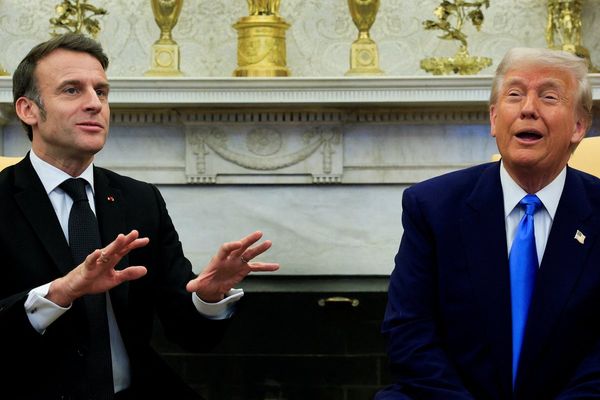
Elon Musk’s X is being sued again. This time it’s not about unpaid bills or missing bonuses, but rather about X’s refusal to pay Agence France-Presse for carrying fragments of AFP articles on the platform formerly known as Twitter.
Why does AFP get to claim licensing fees for this? Because of an increasingly popular concept known as neighboring rights or ancillary copyright, and if that sounds dull and obscure, it kind of is. But it’s also…well, here’s Musk’s take: “This is bizarre. They want us to pay *them* for traffic to their site where they make advertising revenue and we don’t!?”
Ancillary copyright was the brainchild of a cartel of German news publishers (led by Axel Springer, now the owner of Insider and Politico) that a decade ago managed to persuade the German government to pass a law allowing them to claim fees for the reproduction of their text snippets and image thumbnails by news aggregators, with Google being the main target. Spain then adopted its own “Google tax” and, long story short, Google managed to avoid paying anything in either country. So, to strengthen their hand, the publishers successfully lobbied politicians into making ancillary copyright an EU-wide thing in 2019. Google and Facebook now regularly pay publishers in countries such as France to carry bits of their content.
Australia followed suit in 2021 with its News Media Bargaining Code, but Google and Meta have so far managed to avoid being “designated” as platforms covered by that rulebook, by making a series of independent content-distribution deals with Australian news publishers that are reportedly worth more than $130 million a year. Canada also joined the party in June with its Online News Act, but that law’s relative inflexibility has led Meta to simply stop carrying news in Canada. Google has threatened to do the same.
I feel somewhat conflicted about ancillary copyright. On the one hand, the media is in crisis around the world and has been since the web became popular. Legacy publishers made money by carrying advertising, but the web opened them up to hordes of new competitors, while Google and then Facebook seized most of that ad value (which was partly the publishers’ fault, because they found it easier to hand over real estate on their web pages than to sell the spots themselves).
However—deep breath—Musk is right: It’s bizarre that those connecting news publishers with their readers have to pay the publishers to do so. There may be some kind of cosmic justice in seeing Google and Meta compensate those whose lunch they stole, but the mechanism itself is not logical—and the overall fairness of the transaction becomes far less clear when you’re talking about a platform like X/Twitter, which is not exactly a market leader in adtech.
Ancillary copyright is ultimately about Big Tech subsidizing the news media. Parts of the news media may need subsidizing—that’s a whole debate of its own—but if the platforms find the rules too onerous, they are within their rights to either stop carrying news (which has never been a big revenue driver for them) or to deprioritize it, as we have seen Facebook do over recent years. This is not a sustainable way to fund the news industry.
More of that pesky news stuff below.
Want to send thoughts or suggestions to Data Sheet? Drop a line here.
David Meyer







